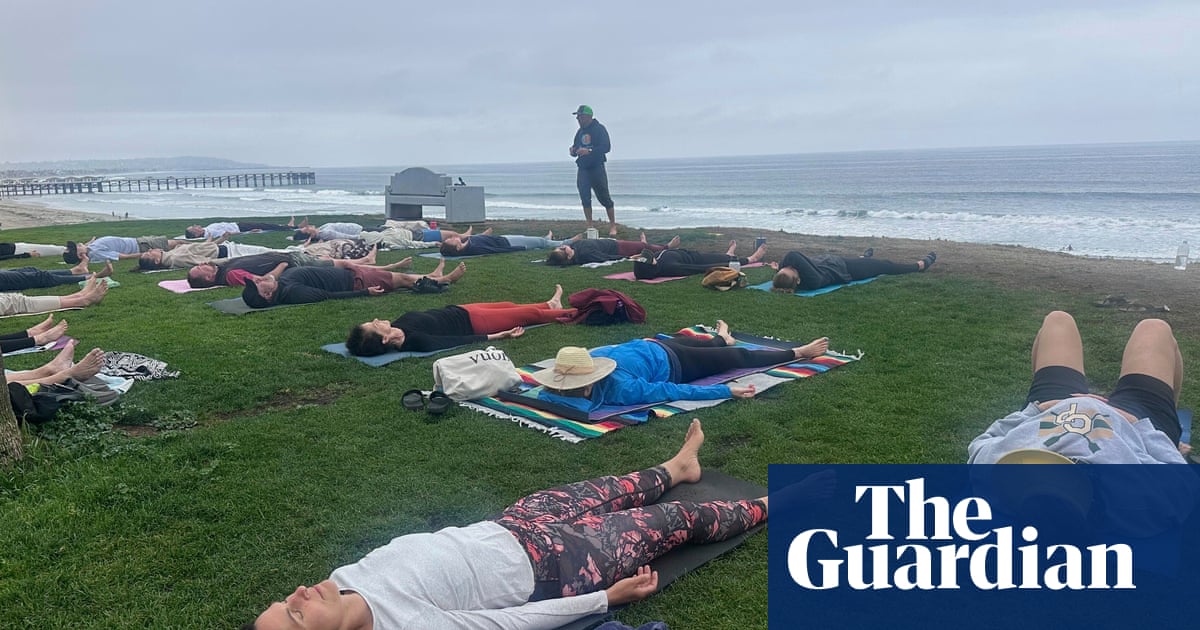The recent ruling by a federal appeals court regarding yoga classes on San Diego beaches highlights significant legal and social implications surrounding free speech and community activities. The reinstatement of these classes reflects the intersection of individual rights and city regulations, inviting a closer look at the motivations behind the news coverage.
Legal Context and Implications
The article outlines the legal backdrop of the case, where the court found that banning yoga classes constituted a violation of the First Amendment rights of the instructors. This decision emphasizes a broader interpretation of “protected speech” to include the teaching of yoga, which may set a precedent for similar cases across the country. The ruling challenges local ordinances that may limit community engagement in public spaces, thereby reinforcing the idea that such activities contribute to public discourse.
Community Perspective
The news emphasizes the importance of yoga classes as accessible community services, particularly for those who may not afford traditional classes. By framing the instructors’ actions as a means of providing a public good, the article aims to elicit support from the local community and beyond. This perspective resonates with individuals who value wellness, inclusivity, and alternative forms of exercise in public spaces, potentially mobilizing community advocacy for similar activities.
Potential Concealments
While the article focuses on the court ruling and its implications for yoga classes, it does not delve into potential motivations behind the city ordinance. There may be underlying interests, such as commercial pressures from local businesses or concerns about managing large gatherings in public spaces. Such details remain unexplored, which could alter public perception of the city's intentions.
Manipulative Elements
The article's language, which highlights the personal stories of the instructors and their struggles against the city’s ordinance, could be seen as a way to evoke empathy from readers. The narrative frames the instructors as champions of free speech, potentially minimizing the city's arguments regarding public safety and order. This selective emphasis may lead to a biased understanding of the broader implications of the ruling.
Comparative Analysis
In comparing this article with other reports on free speech and public activities, patterns may emerge regarding the portrayal of local governance versus individual rights. Similar cases have often illuminated tensions between community needs and regulatory frameworks, suggesting a trend in how news outlets cover civic engagement.
Impact on Society and Economy
The resumption of yoga classes could enhance the local economy by attracting visitors and promoting wellness tourism. As the community rallies behind these classes, it may foster a stronger sense of collective identity, impacting future municipal decisions on public activities. The ruling could inspire other cities to reassess their regulations regarding public classes and community gatherings.
Supportive Communities
The article primarily appeals to health-conscious individuals, wellness advocates, and those who value public access to fitness. It seeks to rally support from communities that prioritize mental and physical well-being, indicating a clear target demographic.
Market Reactions
From a financial perspective, this ruling may not have a direct impact on stock markets or specific equities but could influence businesses related to health and wellness. Companies in the fitness or wellness sector may see increased interest or participation due to heightened visibility of community fitness activities.
Global Context
While the ruling is local, it resonates with ongoing global conversations about the right to public assembly and individual freedoms. In a world increasingly focused on health and community engagement, this case underscores the importance of legal frameworks that support such initiatives.
Use of AI in Reporting
There is no clear indication that AI was involved in the writing of this article. However, if AI were used, it could have influenced the narrative style or the framing of the legal arguments to align with common journalistic practices that appeal to public sentiment.
In conclusion, the news about the resumption of yoga classes in San Diego beaches serves multiple purposes, from highlighting legal victories for free speech to advocating for community wellness. The article’s framing suggests a strong bias towards the instructors' narrative while leaving out critical perspectives on the city’s regulations. Overall, the reliability of the information hinges on its selective presentation of facts and absence of counterarguments, indicating a moderate level of manipulation in the coverage.
